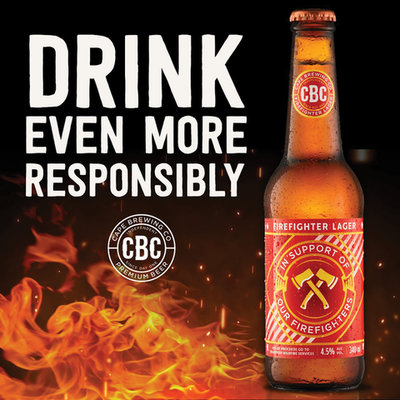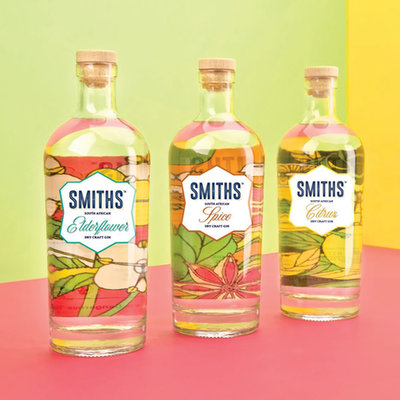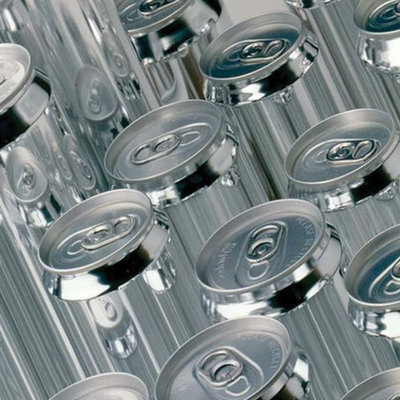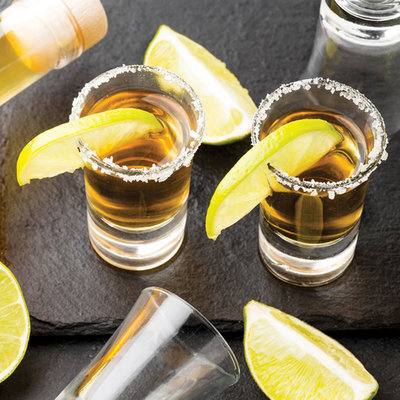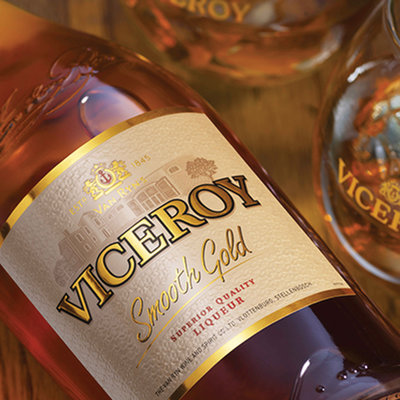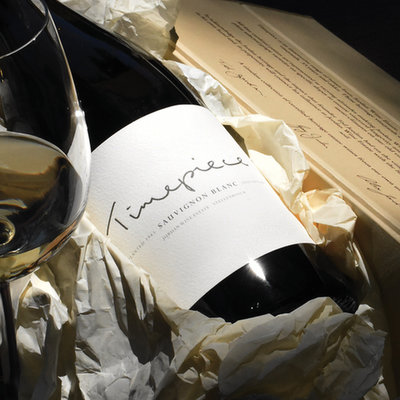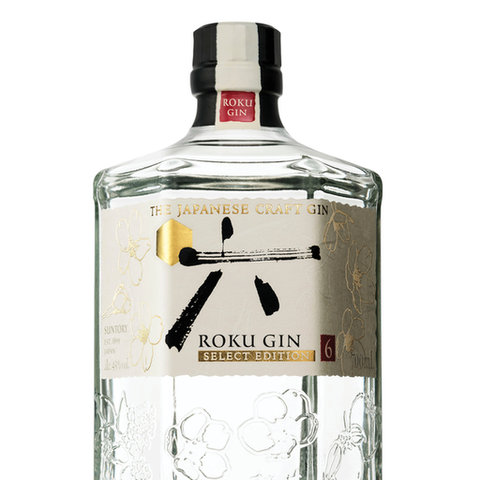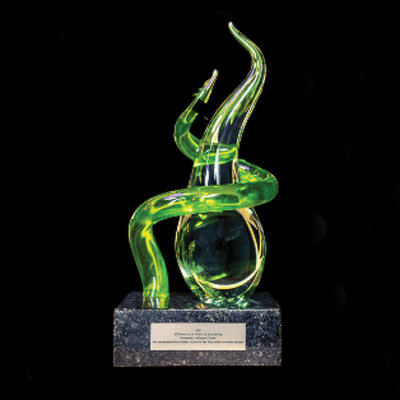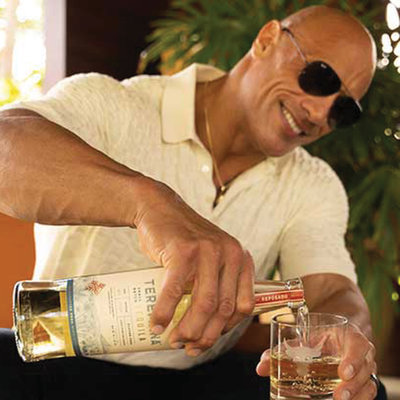Quench the flames
Fire is one of the essential elements of life, along with air, water and earth – but fire can be destructive and exact a massive toll on the environment and people.
South Africa has experienced some particularly damaging fires in the past year, notably the blaze on Table Mountain which spread rapidly to the University of Cape Town campus and beyond, as well as the arson attack on the parliamentary precinct.
Many of the responders whose job it is to beat back the flames are volunteers, people who give of their time to keep others safe. Late last year, the Cape Brewing Company (CBC) came up with a special edition beer to raise funds for volunteer fire-fighters.
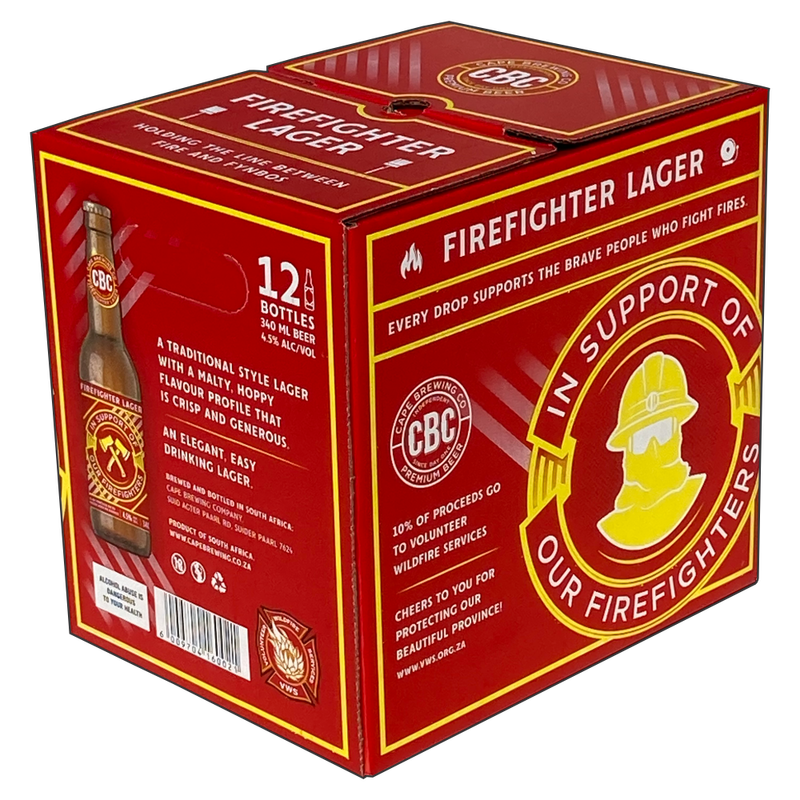
“We launched the Firefighter Lager – a special edition beer that is dedicated to our volunteer fire-fighters,” their website states.
The traditional style lager, which is elegant and easy-drinking, has a malty, hoppy flavour profile that is crisp and generous. The alcohol level clocks in around the standard 4.5% by volume and on the international bitter unit (IBU) scale, it notches up a score of 24.
The light blonde brew is cold fermented with aroma hops and special yeast cultures as well as Paarl spring water which is naturally filtered through the granitic rock of Paarl mountain.
The package is appropriately fiery red and the label boasts two fire-fighter axes, symbolically crossed. The website further states that 10% of all proceeds from Firefighter Lager “go to our brave volunteers, who sacrifice so much, particularly at this time of year”.
Tokara’s high expectations
Perched on the brow of Stellenbosch’s Helshoogte pass, with the Simonsberg at its back and flanked by the Klein Drakenstein mountains, Tokara knows all about mountains.
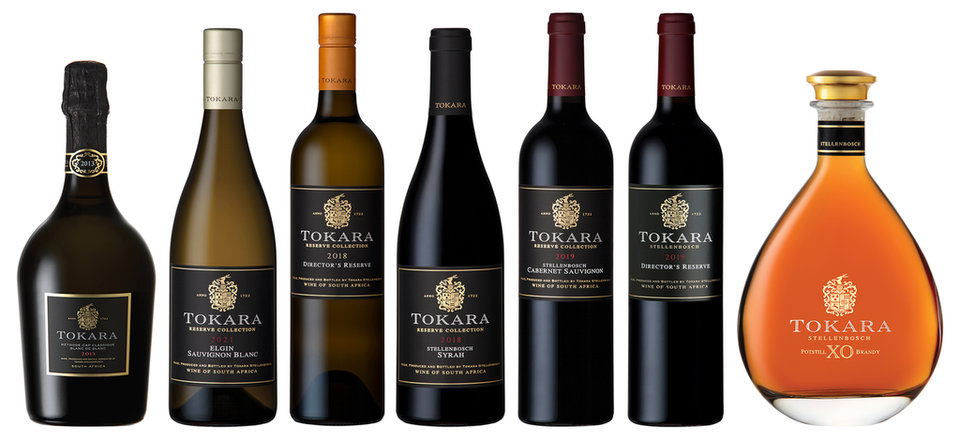
At the recent launch of its most recent – award-winning – vintage wines, General Manager Karl Lambour said it had taken two decades to develop a framework for the future. “We have essentially interpreted messages from our sites and our people, allowing us to hone in on these two grape varieties matched seamlessly to our estate. It is from this foundation that we hope to capture the imagination of our visitors from all over the world with wines of distinction and wines with a vivid link to the magnificent geography surrounding us.”

Viticulturist Aidan Morton and winemaker Stuart Botha
The grapes he was referring to are cabernet sauvignon and syrah or shiraz. The former is the mainstay of the 2019 Tokara Director’s Reserve Red, a Bordeaux-style blend as well as flying solo in the 2019 Tokara Reserve Collection cabernet sauvignon. The Tokara Reserve Collection syrah is from the 2018 vintage and is classically styled, melding Old and New World elements seamlessly.
Also released were the 2021 Elgin sauvignon blanc and the 2018 Director’s Reserve White, a blend of sauvignon and semillon, regarded as one of the country’s finest examples.
“We believe that our wines enjoyed in any other location should transport you back to Tokara, to the place that first filled your glass with delicious expectation,” explains Lambour.
Gin for one, gin for all
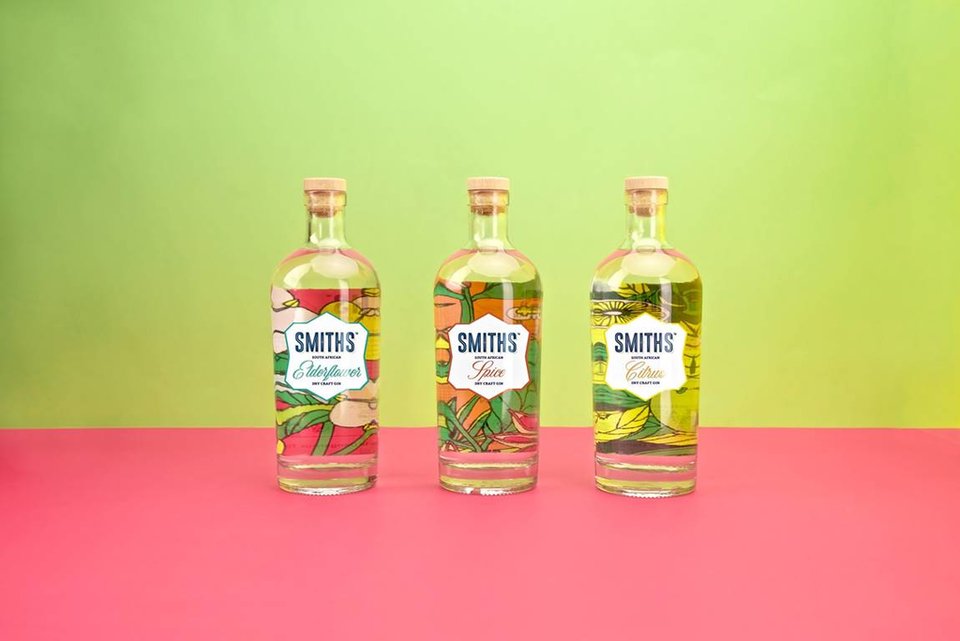
Liquor industry research has shown that, unlike other spirits which have a gender specific target market, gin’s appeal is not binary. It also successfully straddles age and social demographics too. Gone are the days when gin and tonics were the preserve of boring old fogeys. Gin is sexy, on trend and offers bags of interest.
It was for all those reasons that Rachel Smith launched her eponymous Smith’s gin three years ago. Her belief in her product, made with fresh, local botanicals has been borne out by recognition from the 2020 Craft Gin Awards. Just one year after entering the already crowded gin field, Smith’s won double gold medals for its elderflower, citrus and spice gins. One year on from that and the Smith’s citrus South African dry gin won best in category, beating out all the other London Dry style competitors.
Rachel Smith recommends the London Smasher as a great cocktail highlighting her product.
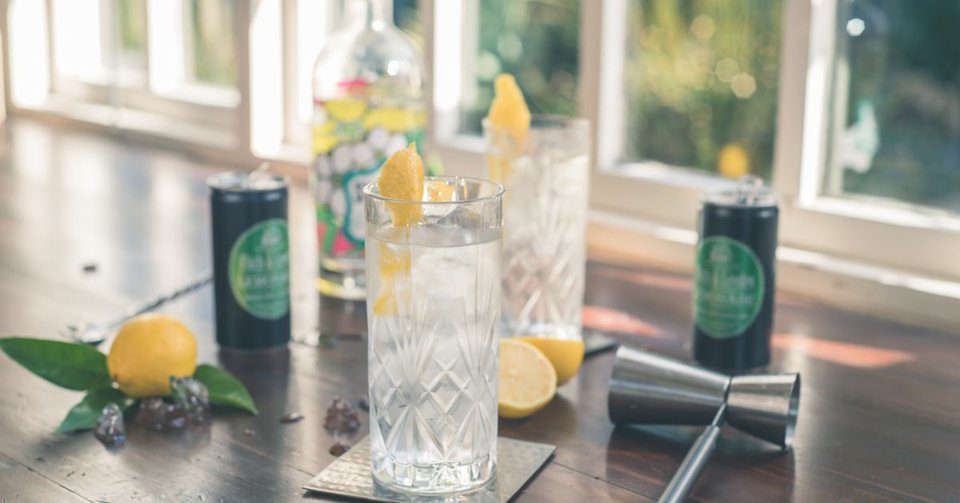
LEMON SMASHER
Ingredients
2 tots (40 ml) Smiths elderflower gin
200ml lemonade
Pour Smith’s gin and lemonade over ice and garnish with a twist of lemon zest.
Pandemic positive
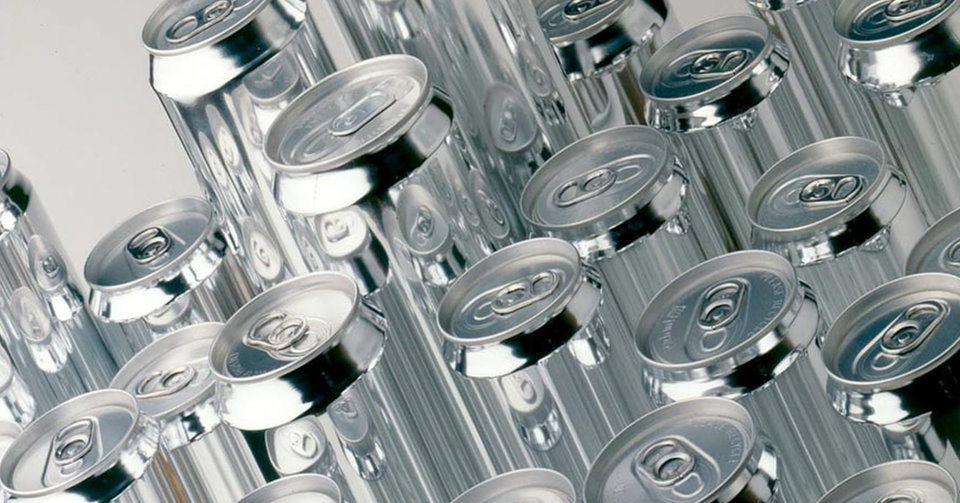
South Africa’s continuing shortage of glass bottles has both the beer and wine industry in a spin. Many wine producers have opted to import bottles from abroad while the beer fraternity has turned to cans – boosting the economic fortunes of Nampak, according to a Business Insider report.
The convenience of cans is well established and new findings by Future Market Insights stated that the ready-to-drink (RTD) cocktail in can category is set to boom. They estimate that by 2032 this segment of the alcohol market will be worth $57.2 billion (R890 billion), having grown at a compound rate of 11% per year.
In the United States, canned cocktails is the fastest growing sector, spurred on by the trend towards at home consumption brought on by Covid-19 pandemic lockdowns and concerns about public socialising. This year alone, industry experts predict sales of $4.5 billion (R70 billion).
“In addition to this, growing preference for natural and organic ingredients as flavours is projected to boost the market in the forthcoming years,” the report stated. Vodka-based canned cocktails are predicted to lead sales, making up 19.1% of the total RTD canned cocktail market in 2022 and reaching a market value of $3.6 billion (R56 billion) by 2032. Furthermore, the prediction or forecast is that RTDs will outperform the total alcohol market in terms of growth and market penetration as early as 2025.
Family heritage
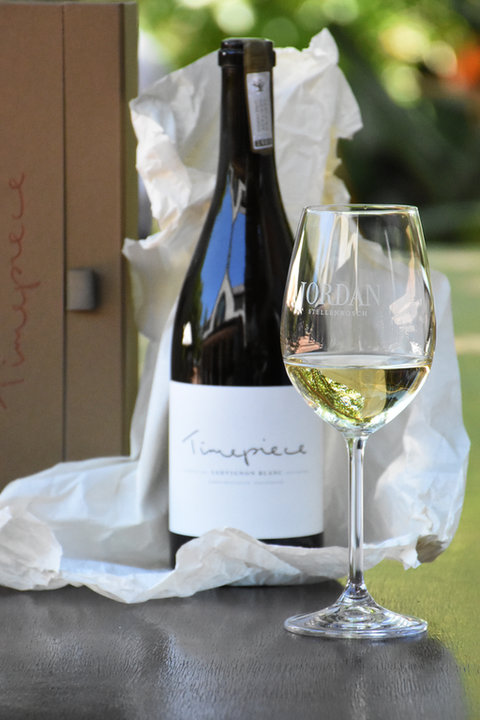

Jordan winery in Stellenbosch has it all: a fantastic visitor offering with two restaurants, a bakery, guest suites, safari-style vineyard drives, tasting on a deck overlooking a dam and vistas that stretch for days towards distant mountains.
There’s history too – and its maiden Timepiece range respects the heritage of their special property, the grapes and the people who farm it. The first two wines released are the Jordan Timepiece chenin blanc 2019 and 2020 sauvignon blanc.
“We are very excited to be releasing these Timepiece wines, the first two in the range,” said Kathy Jordan, “made from our oldest vineyards, planted in 1983 on Jordan wine estate by Ted Jordan.” Those original 1983 plantings now qualify for Old Vine status, having reached the 35 year benchmark.
The word Timepiece on the label is actually in Ted’s handwriting, paying homage to his years of dedication both planting and later harvesting the grapes. He was renowned for 3am starts, driving the harvester in the early dawn to ensure the grapes made it to the cellar for son Gary and daughter-in-law Kathy to vinify in prime condition.
As Gary Jordan said: “Much of my life has been spent nurturing these gnarly old vines planted by my dad decades ago. I’m confident my son Alex will continue to cherish them too.”
Jordan is unique in that it has slopes facing every direction – north, south, east and west – and is why the compass points are intertwined with a watch face containing depictions of the seasons in the form of the sun and moon, on the packaging.
Low alcohol gold
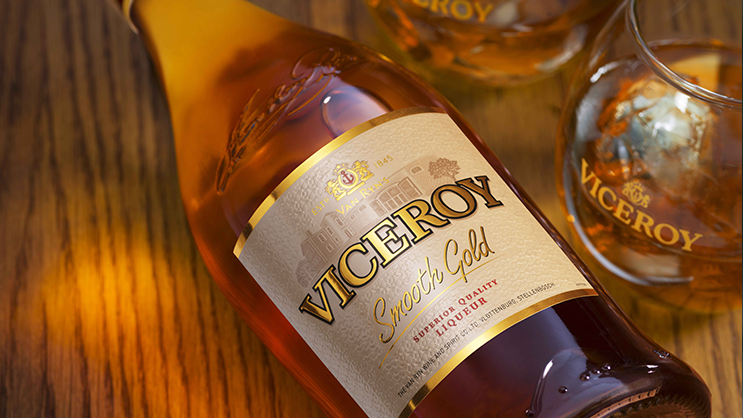
South Africa’s enforced lockdown levels and ban on alcohol sales at the start of the Covid-19 pandemic in 2020 saw many alcohol consumers making the switch to non-alcoholic beverages.
Once the lockdown levels improved and sales were allowed once more, smart alcoholic beverage producers were quick to react after it became obvious that many of their former customers were happier with a healthier no- or low-alcohol choice.
Distell, for example, already wise to the huge jump in sales of Savanna alcohol-free cider, decided to introduce a lower alcohol version of Viceroy brandy. Viceroy Smooth Gold has an alcohol by volume level of just 28% rather than the more standard 43%.
“We’ve seen a growing trend among both men and women who are looking to make responsible choices with their alcohol consumption. Smooth Gold offers drinkers a lowered alcohol product that still delivers on the flavour and quality that people expect from Viceroy,” a Distell statement read.
A blend of premium neutral spirits and finely crafted pot still brandy, oak matured for three years in the tradition of the House of Van Ryn’s, Viceroy Smooth Gold is exceptionally suave, and made for easy drinking with consumers appreciating its notes of honey, raisin and muscat and a subtle vanilla, oak and spice on the finish.
1 – 2 – 3 – tequila!
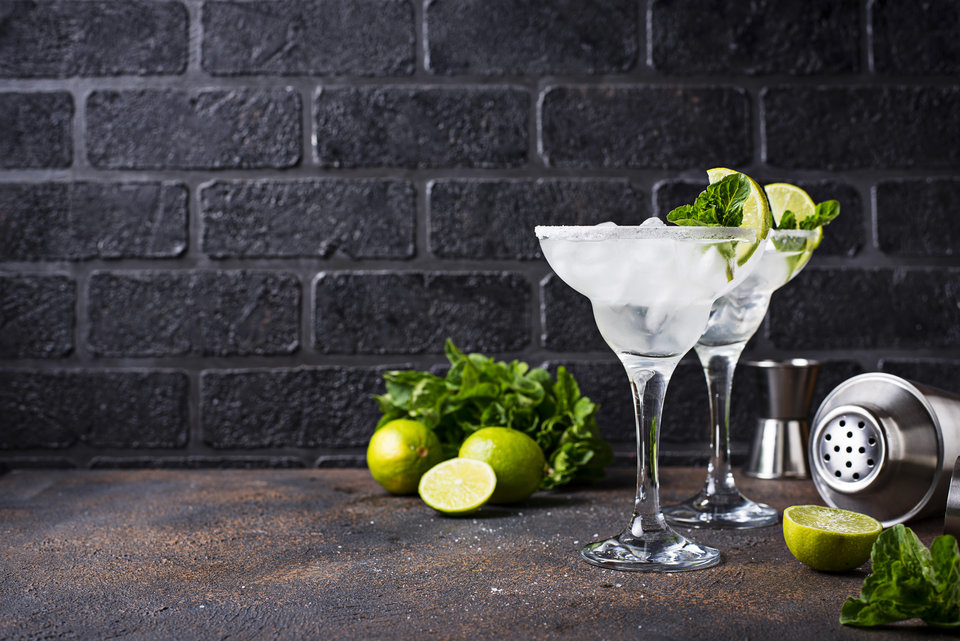
Tequila has become massively popular in the United States and currently accounts for one-third of all spirits sales, according to figures released by the Distilled Spirits Council of the United States (Discus).
Spirits is increasing its portion of the total alcohol market in the US, having risen by just under 2% to 41.3% - the 12th consecutive year it has won market share from beer and wine.
“Last year, enthusiasm for spirits continued as consumers spent more to elevate their cocktail experiences with super-premium brands,” said Chris Swonger, CEO and president of Discus. “Consumers savouring spirits at home and trading up to higher-end brands, combined with the gradual reopening of bars and restaurants, resulted in record sales for the spirits sector.”
Swonger also noted the growth of spirits in the ready-to-drink segment and the role it played in boosting the spirits segment’s growth.
However, the largest single component driving growth was tequila, which accounted for 30% of all revenue for spirits. “From sipping fine tequilas, to enjoying classic cocktails like the margarita and paloma, consumers’ tastes for super-premium tequila took off in 2021,” said Christine LoCascio, Discus’ chief of public policy.
Vodka remained the biggest spirit category in both volume and value, up by 4.9% to $7.3 billion (R114 billion). It was followed by tequila and American whiskey, the latter of which increased by 6.7% to $4.6 billion (R71.7 billion).
Spring blossoms for the northerners
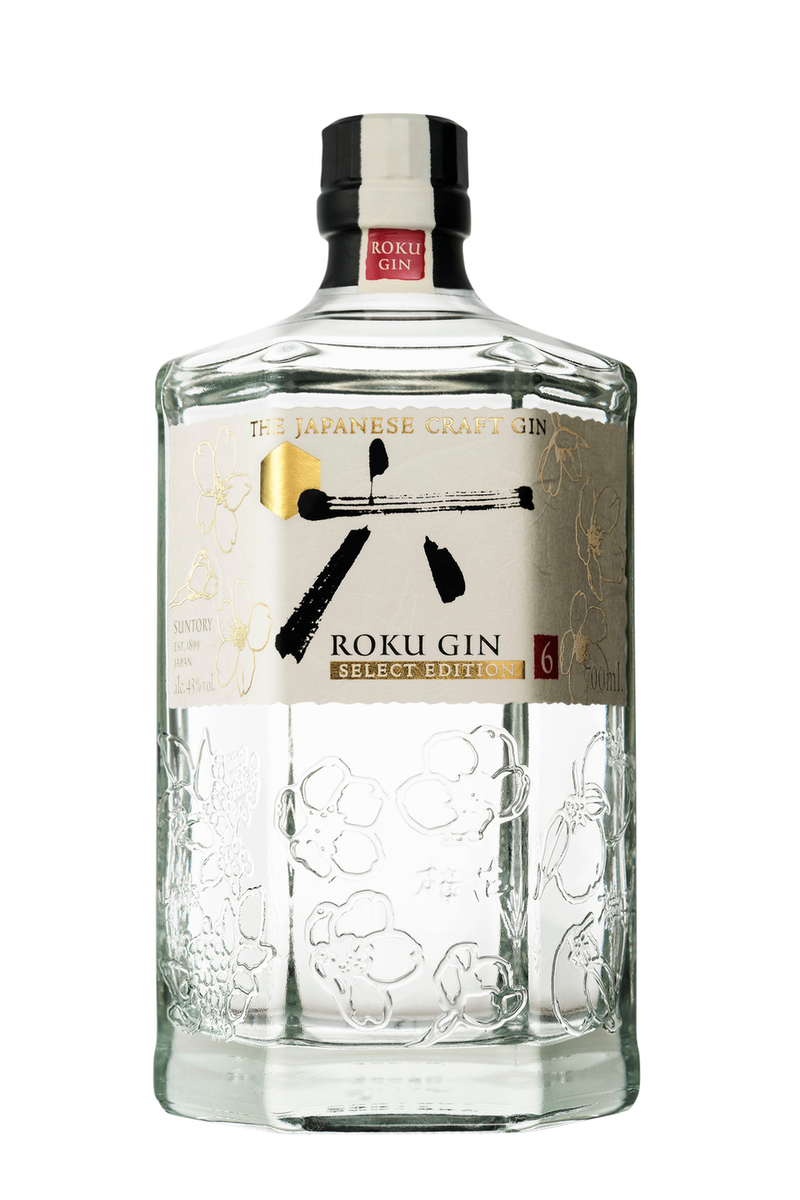
As South Africa heads towards autumn, the northern hemisphere sees the first flush of spring heralded by bluebells and daffodils. In Japan this is the time of the cherry blossom or sakura. These subtle pink flowers are revered throughout the island nation, and people flock in their thousands to see them every year.
It’s also the time of year when the botanical elements which go into Roku gin are at their most vital and dynamic. Harvesting the botanicals at the peak of each season in which they blossom and bloom, Roku Gin is blended and distilled to maximise the perfect flavour.
That attention to detail and meticulous precision extends to the hexagonal packaging – which relations to the six botanicals which go into this special Japanese gin.
Roku suggest the Blossom as a great way to extend the repertoire beyond the simple but tasty gin and tonic.
Blossom
50 ml Roku Japanese gin
25 ml Triple Sec
25 ml fresh lemon juice
50 ml cranberry juice
Top with tonic
Lemon wheel
Method:
Add gin, triple sec, lemon juice and cranberry juice into shaker with ice. Shake well and strain into a chilled glass or glass over fresh ice. Top with tonic. Garnish with a lemon wheel.
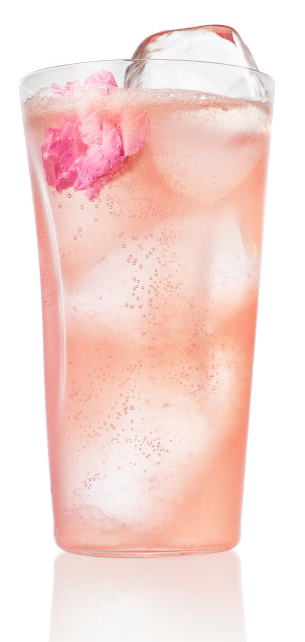
Bless this harvest

Carmen Stevens
South Africa is unique in the world of wine as it knows precisely – to the day – when it all began. Governor Jan van Riebeeck wrote in his diary on the 2 February 1659: “Today, praise be to God, wine was made for the first time from Cape grapes.”
To coincide with this historic anniversary there is an annual blessing of the harvest, usually held at Groot Constantia – but foregone over the past few years due to the health concerns linked to the global pandemic.
During the event, the wine industry gives due recognition to individuals for their exceptional contribution in the following categories: leadership (1659 Visionary Leadership Award), diversity and transformation, wine appreciation and advancement and viticulture and wine creation.
Honoured this year were Christine Rudman, former principal of the Cape Wine Academy and a Cape Wine Master for her role in advancing wine appreciation; Carmen Stevens, one of South Africa’s first black winemakers, won the leadership award; Denise Stubbs, the MD of Thokozani wines in Wellington, was recognised for diversity and transformation while viticulturist Francois Viljoen was rewarded for his years of imparting knowledge in the vineyards of the Western Cape.
Wrestling with change
Dwayne “The Rock” Johnson has transcended his wrestling roots, having gone on to muscularly build a career in acting, starring in both action and comedy blockbusters. And he loves tequila.
Some years ago, he partnered with a small tequila distillery, owned by the Lopez family, in the Jalisco highlands and created Teremana – which means “spirit of the earth”. The emphasis was on hand-crafted, small batch tequila, made the traditional way.

“This is truly a dream come true,” Johnson wrote on the Teremana website. “My team and I are committed to bringing you the highest in quality tequila, because quality, the people, the land and legacy are what matter most.”
Only available in the United States, Canada and Mexico, the brand sold 300 000 cases in year one – or 2.7 million litres … the next year, in 2021, it doubled that figure, selling 640 000 cases or 5.7 million litres. “It has far exceeded all of our expectations and accelerating at an extraordinary pace …” Johnson said.
Its success has not gone unnoticed and Drinksbusiness.com reported in February that German spirits company Mast-Jägermeister has acquired a stake in Teremana. Johnson said “it was time” to make Teremana tequila a true global brand – and Mast-Jägermeister would be invaluable in scaling up their operations.
Since Mast-Jägermeister is already a distribution partner, its logistical expertise is crucial in the brand’s growth. And with their signature product, Jägermeister, so popular among South African consumers, the omens are good that the Rock’s tequila could soon be headed to local shores.
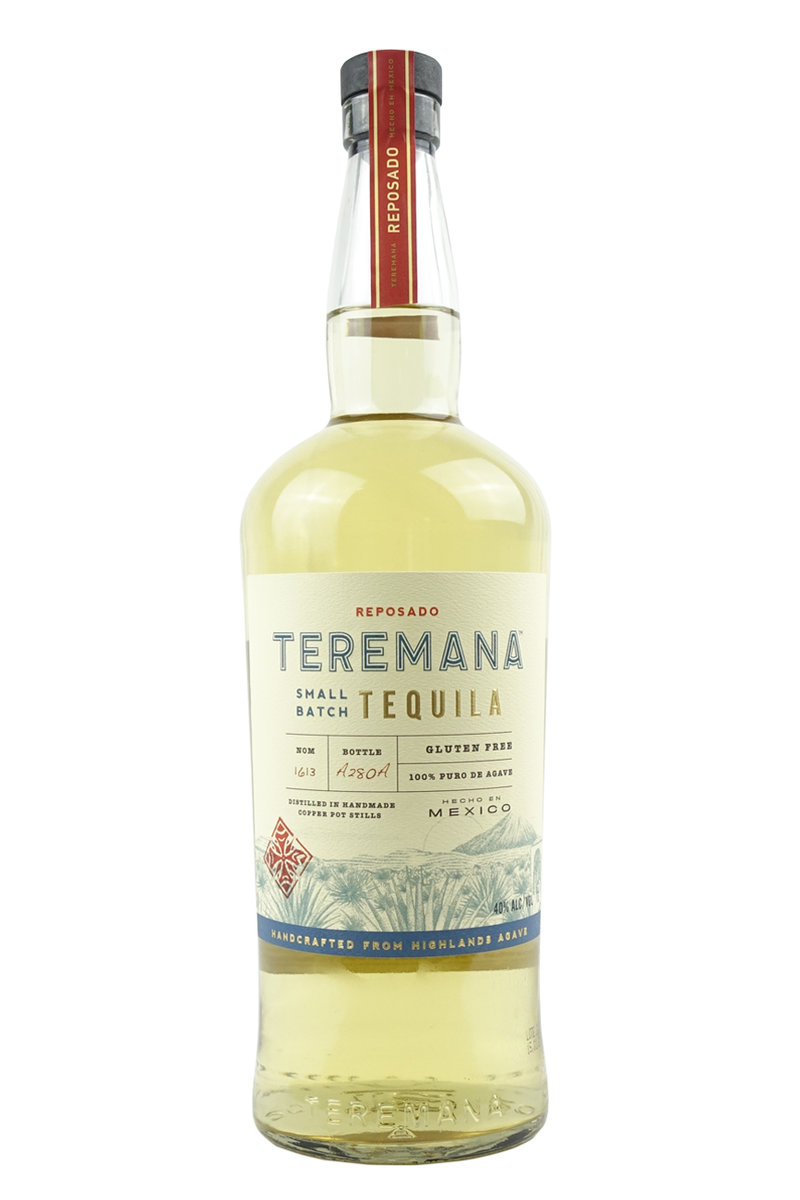
Gin for one, gin for all

Liquor industry research has shown that, unlike other spirits which have a gender specific target market, gin’s appeal is not binary. It also successfully straddles age and social demographics too. Gone are the days when gin and tonics were the preserve of boring old fogeys. Gin is sexy, on trend and offers bags of interest.
It was for all those reasons that Rachel Smith launched her eponymous Smith’s gin three years ago. Her belief in her product, made with fresh, local botanicals has been borne out by recognition from the 2020 Craft Gin Awards. Just one year after entering the already crowded gin field, Smith’s won double gold medals for its elderflower, citrus and spice gins. One year on from that and the Smith’s citrus South African dry gin won best in category, beating out all the other London Dry style competitors.
Rachel Smith recommends the London Smasher as a great cocktail highlighting her product.

LEMON SMASHER
Ingredients
2 tots (40 ml) Smiths elderflower gin
200ml lemonade
Pour Smith’s gin and lemonade over ice and garnish with a twist of lemon zest.

